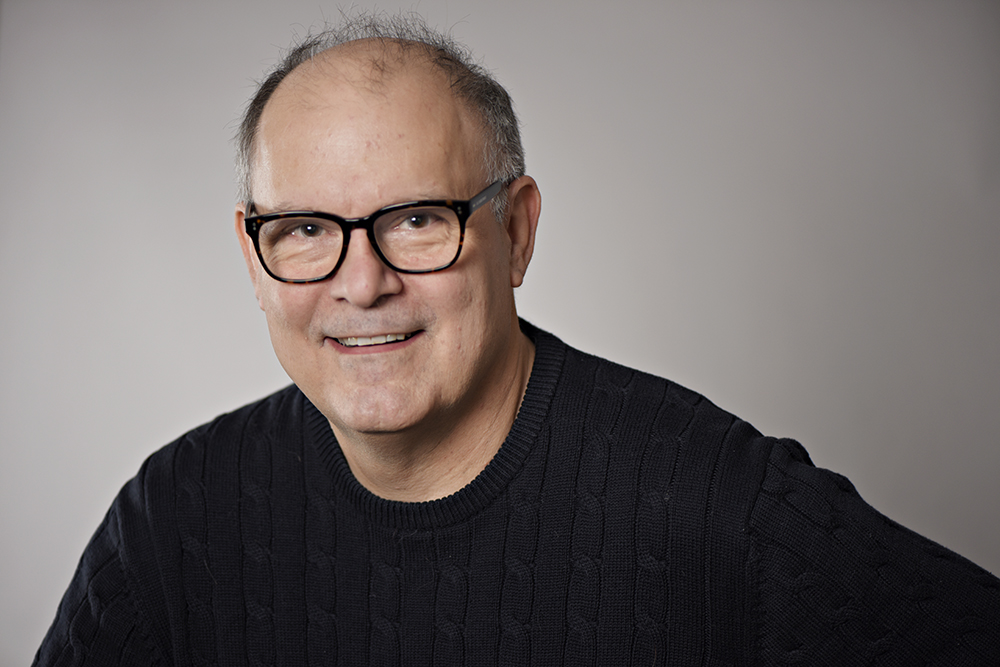Doug Stephan was among 83 Canadians named as Officers of the Order of Canada on June 27th, recognizing his world-leading research in inorganic and organometallic chemistry. An article at UofT News cites Stephan’s "many achievements include discovering – and commercializing – a new class of catalysts that is now used in one of the largest chemical manufacturing facilities in the world.”

Stephan achieved global renown for founding the field of “Frustrated Lewis Pair” chemistry, discussed in an interview on Chemnews this February. In the wake of this new announcement, we asked:
You were named an Officer of the Order of Canada in recognition of world-leading research in inorganic and organometallic chemistry, and your discovery of Frustrated Lewis Pairs. Recently, you spoke about breaking developments in the FLP research area at the Canadian Society for Chemistry conference in Winnipeg this June. Can you tell me a bit more about recent highlights in this field where you’ve been such a leader?
The area of FLPs emerged from the discovery of the ability of main group compounds to activate H2, contravening 100 years of chemical dogma. This has led to an ever-expanding array of applications of main group systems in catalysis. Among the recent advances are applications of FLPs in organic chemistry, pioneered by Rebecca Melen at Cardiff (a former Stephan Group PDF). Radical systems related to FLPs called frustrated radical pairs (FRPs) have been used in selective C-H bond functionalization by Song Lin at Cornell and was published in Nature. In even more recent work, our work inspired Roman Dobrovetsky (another former PDF) to activate H2 at a constrained Phosphorus center. This work has also just appeared in Nature. There has also been a wide range applications is asymmetric reductions led by Haifeng Du at the Chinese Academy of Science in Beijing.
You have a long list of honours and high-profile awards, most recently the 2024 Catalysis Award. The Order of Canada, perhaps, represents a different kind of national recognition. It is one of our country’s highest civilian honours, and its motto is DESIDERANTES MELIOREM PATRIAM ("They desire a better country").

What does being recognized in this way mean to you?
This recognition is exceptionally meaningful to me. As a Canadian, educated in Canada and having spent my entire career in Canada (apart from 2 years as a PDF at Harvard and sabbaticals), I am very proud that the work we have done is being recognized as a contribution to the country. I see this as a recognition of the hard work of a very long list of brilliant students, PDFs and collaborators I have had the privilege of working with over the years, in addition to the unending love and support of family, friends and colleagues without whom this would not have happened.
Reflecting on your career to date, what are some of your proudest achievements?
Apart from awards, I was named "University Professor" at both Windsor and Toronto. To be recently named the "John C. Polanyi Chair" was a real honor, as John is a man I so greatly admire. But perhaps the best moments are related to the success of coworkers. Seeing students and PDFs excel and become professors in their own right, or titans of industry, makes me proud to know we had helped them in some small way along their path.
Did you have anything else that you want to share with our department and alumni?
Ours is a very special environment. While each of the groups is involved in exceptionally creative and internationally cutting-edge research, I cannot understate how remarkably supportive the environment is. If it’s help with a research issue, staff, students and faculty bend over backward to help. If there is recognition of an achievement by a student, alumnus or faculty member, we all view this as a win for all of us.
To me, our department defines collegiality in a way unlike most other places. We are indeed very lucky.


